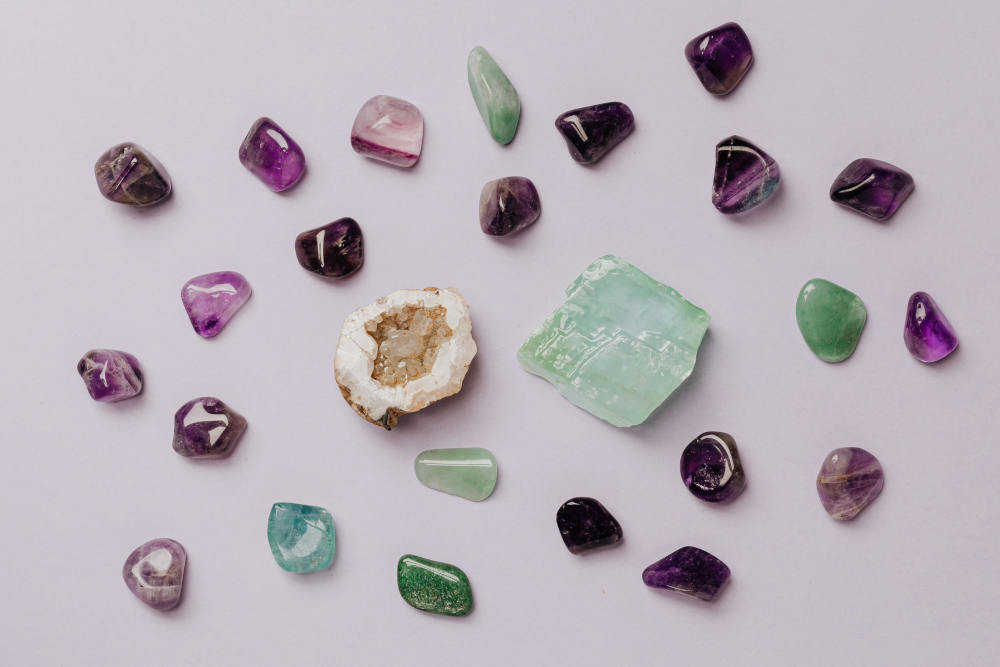
Crystals are beautiful natural formations that have captivated human attention for centuries. Today, many people use crystals for healing, meditation, or spiritual energy. But what does the Bible say about crystals? Are they mentioned in Scripture, and if so, in what context? This article explores what the King James Version (KJV) of the Bible says about crystals and precious stones, and what it means for Christians today.
Panaprium est indépendant et pris en charge par les lecteurs. Si vous achetez quelque chose via notre lien, nous pouvons gagner une commission. Si vous le pouvez, veuillez nous soutenir sur une base mensuelle. La mise en place prend moins d'une minute et vous aurez un impact important chaque mois. Merci!
Crystals and Stones in the Bible: An Overview
While the Bible doesn’t use the term “crystal” as we do today in the context of energy healing or metaphysics, it does reference crystals and precious stones as part of God's creation and in descriptions of heavenly or sacred places. The King James Version (KJV) uses the word crystal in a few passages, often symbolizing purity, clarity, and beauty.
What the Bible does not say:
-
It does not teach that crystals have power to heal or protect spiritually.
-
It does not promote the use of crystals for magic, divination, or energy manipulation.
-
It does not condemn crystals themselves, only the misuse of any created thing for idolatry or sorcery.
Let’s examine key Bible verses from the KJV and their meanings.
1. Ezekiel 1:22 – Crystal in the Vision of Heaven
"And the likeness of the firmament upon the heads of the living creature was as the colour of the terrible crystal, stretched forth over their heads above."
(Ezekiel 1:22, KJV)
This verse is part of Ezekiel’s vision of the glory of God. The “firmament” here refers to an expanse over the heads of the cherubim, described as shining like terrible crystal. The word terrible in KJV often means awe-inspiring or majestic, not frightening.
Meaning:
Crystal is used to symbolize something pure, clear, and majestic—a fitting image for a divine vision. It represents the brilliance and holiness of God’s presence.
2. Job 28:17-18 – Wisdom vs. Precious Stones
"The gold and the crystal cannot equal it: and the exchange of it shall not be for jewels of fine gold."
(Job 28:17, KJV)
This passage compares human wisdom to material wealth:
"No mention shall be made of coral, or of pearls: for the price of wisdom is above rubies."
(Job 28:18, KJV)
Meaning:
Crystals and jewels are beautiful but cannot compare to wisdom. True spiritual insight and fear of the Lord are more valuable than any precious gem.
3. Revelation 4:6 – A Sea of Glass Like Crystal
"And before the throne there was a sea of glass like unto crystal: and in the midst of the throne, and round about the throne, were four beasts full of eyes before and behind."
(Revelation 4:6, KJV)
John’s apocalyptic vision describes a sea of glass like crystal before God’s throne. This image suggests purity, stillness, and perfection—a fitting picture of the holiness surrounding God.
Meaning:
Crystal symbolizes clarity and divine perfection in the heavenly realm.
4. Revelation 21:11 – The Glory of the New Jerusalem
"Having the glory of God: and her light was like unto a stone most precious, even like a jasper stone, clear as crystal;"
(Revelation 21:11, KJV)
This verse describes the New Jerusalem, the heavenly city that comes down from God at the end of time. It is compared to jasper, "clear as crystal."
Meaning:
The imagery of crystals and clear stones reflects the purity, glory, and brilliance of the eternal home of believers.
5. Revelation 22:1 – The River of Life
"And he shewed me a pure river of water of life, clear as crystal, proceeding out of the throne of God and of the Lamb."
(Revelation 22:1, KJV)
Here, the water of life is described as clear as crystal, flowing from God’s throne.
Meaning:
The river represents eternal life, purity, and divine provision, showing once again how crystal-like clarity reflects the perfection of God's kingdom.
6. Exodus 28:17-20 – The High Priest’s Breastplate
"And thou shalt set in it settings of stones, even four rows of stones: the first row shall be a sardius, a topaz, and a carbuncle... the second row shall be an emerald, a sapphire, and a diamond..."
(Exodus 28:17-18, KJV)
God instructs Moses to make a breastplate for the High Priest, set with 12 stones representing the 12 tribes of Israel. The KJV names stones like:
-
Sapphire
-
Diamond
-
Emerald
-
Amethyst
-
Jasper
-
Onyx
Meaning:
These stones are symbols of beauty and holiness, used in worship and priestly garments—not for magical purposes, but to represent God's chosen people.
Crystals and Idolatry: Biblical Warnings
While crystals and precious stones are celebrated for their beauty in the Bible, Scripture warns against using material objects for idolatry, divination, or sorcery.
"There shall not be found among you any one that maketh his son or his daughter to pass through the fire, or that useth divination, or an observer of times, or an enchanter, or a witch..."
(Deuteronomy 18:10, KJV)
"Little children, keep yourselves from idols."
(1 John 5:21, KJV)
"For all the gods of the nations are idols: but the Lord made the heavens."
(Psalm 96:5, KJV)
Meaning:
The problem is not with crystals themselves—but with using them in place of God or assigning to them power that belongs only to Him.
Are Crystals Witchcraft According to the Bible?
Some people associate crystals with New Age spirituality, energy healing, or witchcraft, raising concerns for Christians. The Bible doesn’t link crystals to witchcraft directly, but it warns against practices that involve sorcery, divination, or trusting in created things rather than the Creator.
If someone uses crystals:
-
As decorative items or jewelry – No biblical issue.
-
To “attract energy,” heal, or protect spiritually – This can move into dangerous spiritual territory, depending on intention.
Christians are called to:
-
Seek healing and guidance from God through prayer and Scripture.
-
Avoid trusting in objects for spiritual power or protection.
-
Worship the Creator, not the creation.
Biblical Perspective: All Creation Glorifies God
The Bible teaches that all things were created by God and for His glory:
"For by him were all things created, that are in heaven, and that are in earth... all things were created by him, and for him."
(Colossians 1:16, KJV)
Crystals, as part of the natural world, reflect God’s creativity and beauty. Christians are free to admire and appreciate them—but should not worship them or seek spiritual power through them.
How Should Christians View Crystals?
✔️ Acceptable Uses:
-
Wearing crystals as jewelry
-
Collecting crystals for beauty
-
Using stones to remember biblical truths (like the 12 stones in the breastplate)
-
Admiring God’s creation
❌ Risky or Unbiblical Uses:
-
Using crystals in spiritual rituals or energy healing
-
Meditating with crystals to connect with “the universe” instead of God
-
Believing crystals have inherent power to protect or change your life
Conclusion: Crystals Are Created, Not Divine
The King James Bible speaks of crystals as symbols of clarity, beauty, and divine perfection. They are never presented as possessing spiritual power. Instead, the focus is always on God’s majesty, wisdom, and holiness.
Crystals are part of God’s creation, and Christians can enjoy them as long as they do not place trust or faith in them. Like any created thing, they can either point us toward God—or become a distraction if misused.
So, what does the Bible say about crystals in the KJV?
They reflect God’s brilliance, not their own.
Let your trust rest in the Lord, not in stones—no matter how beautiful they are.
Cet article vous a-t-il été utile ? S'il vous plaît dites-nous ce que vous avez aimé ou n'avez pas aimé dans les commentaires ci-dessous.
About the Author: Alex Assoune
Contre Quoi Nous Luttons
Les groupes multinationaux surproduisent des produits bon marché dans les pays les plus pauvres.
Des usines de production où les conditions s’apparentent à celles d’ateliers clandestins et qui sous-payent les travailleurs.
Des conglomérats médiatiques faisant la promotion de produits non éthiques et non durables.
De mauvais acteurs encourageant la surconsommation par un comportement inconscient.
- - - -
Heureusement, nous avons nos supporters, dont vous.
Panaprium est financé par des lecteurs comme vous qui souhaitent nous rejoindre dans notre mission visant à rendre le monde entièrement respectueux de l'environnement.
Si vous le pouvez, veuillez nous soutenir sur une base mensuelle. Cela prend moins d'une minute et vous aurez un impact important chaque mois. Merci.



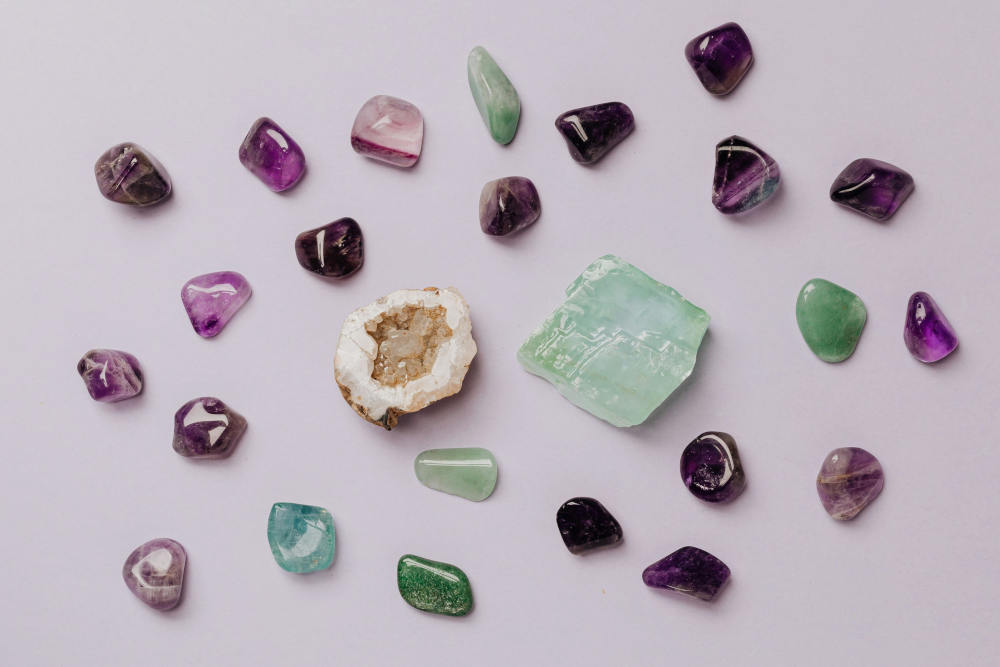
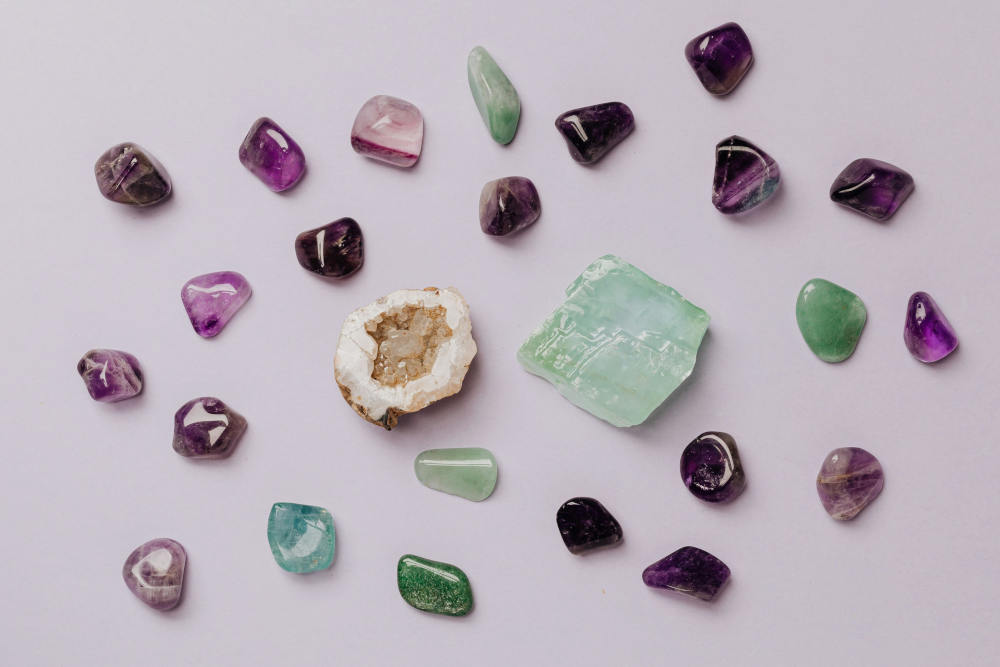
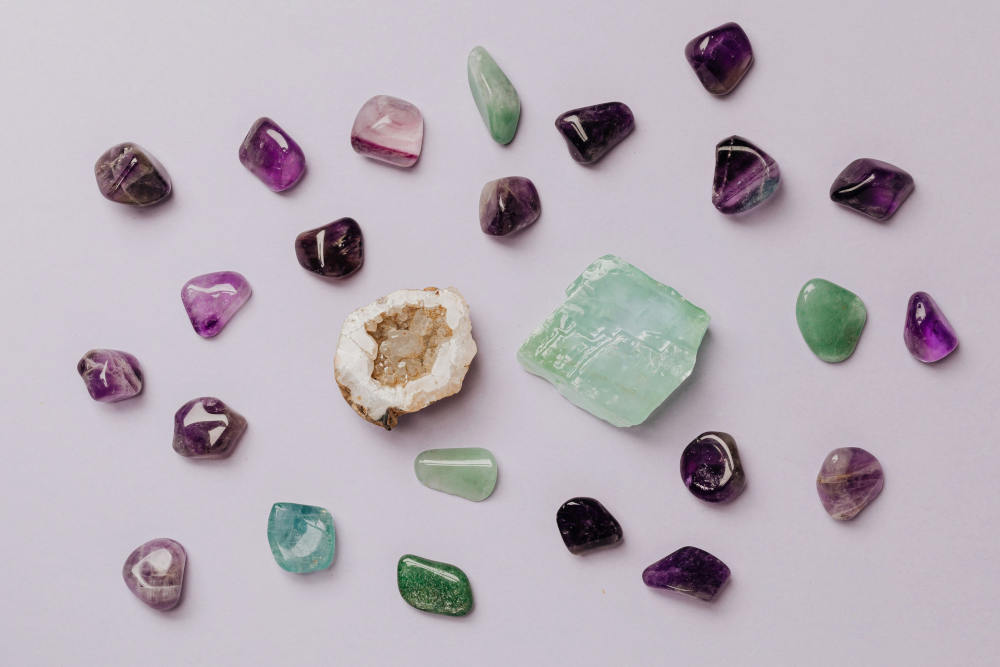
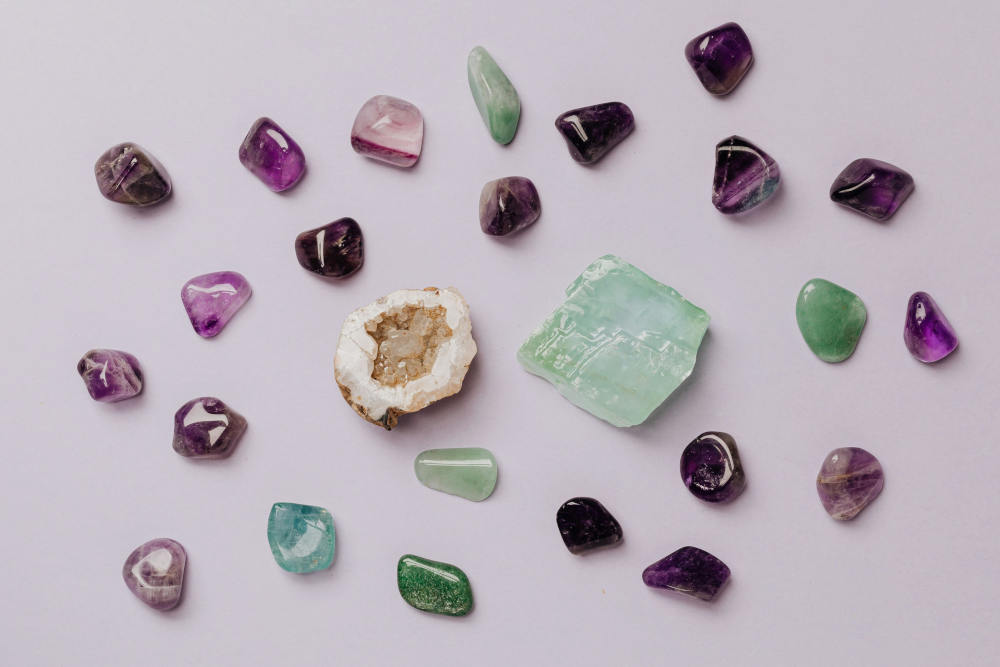




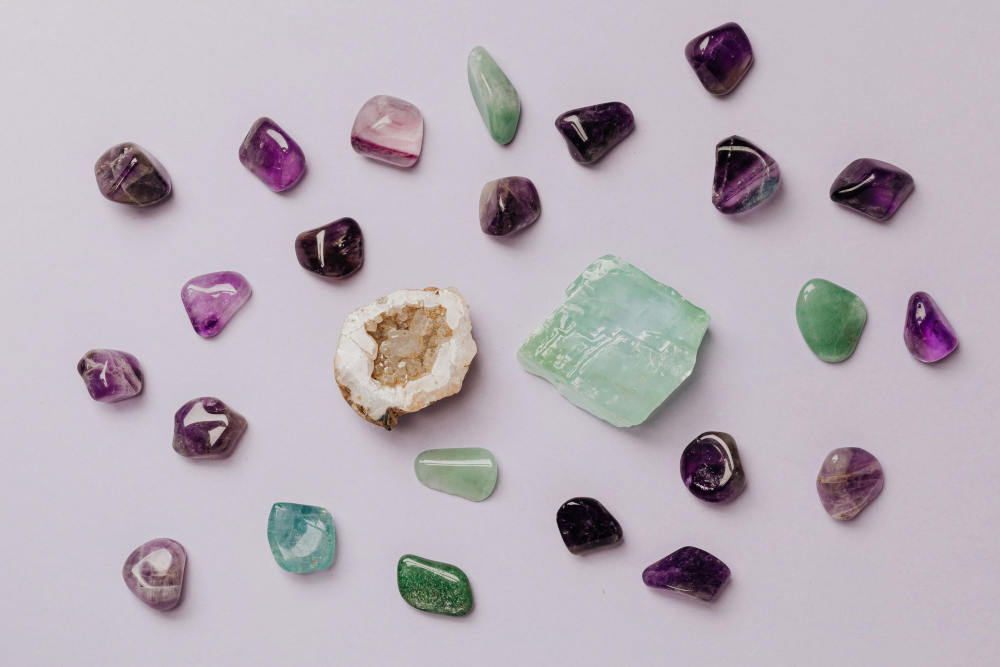



















0 commentaires